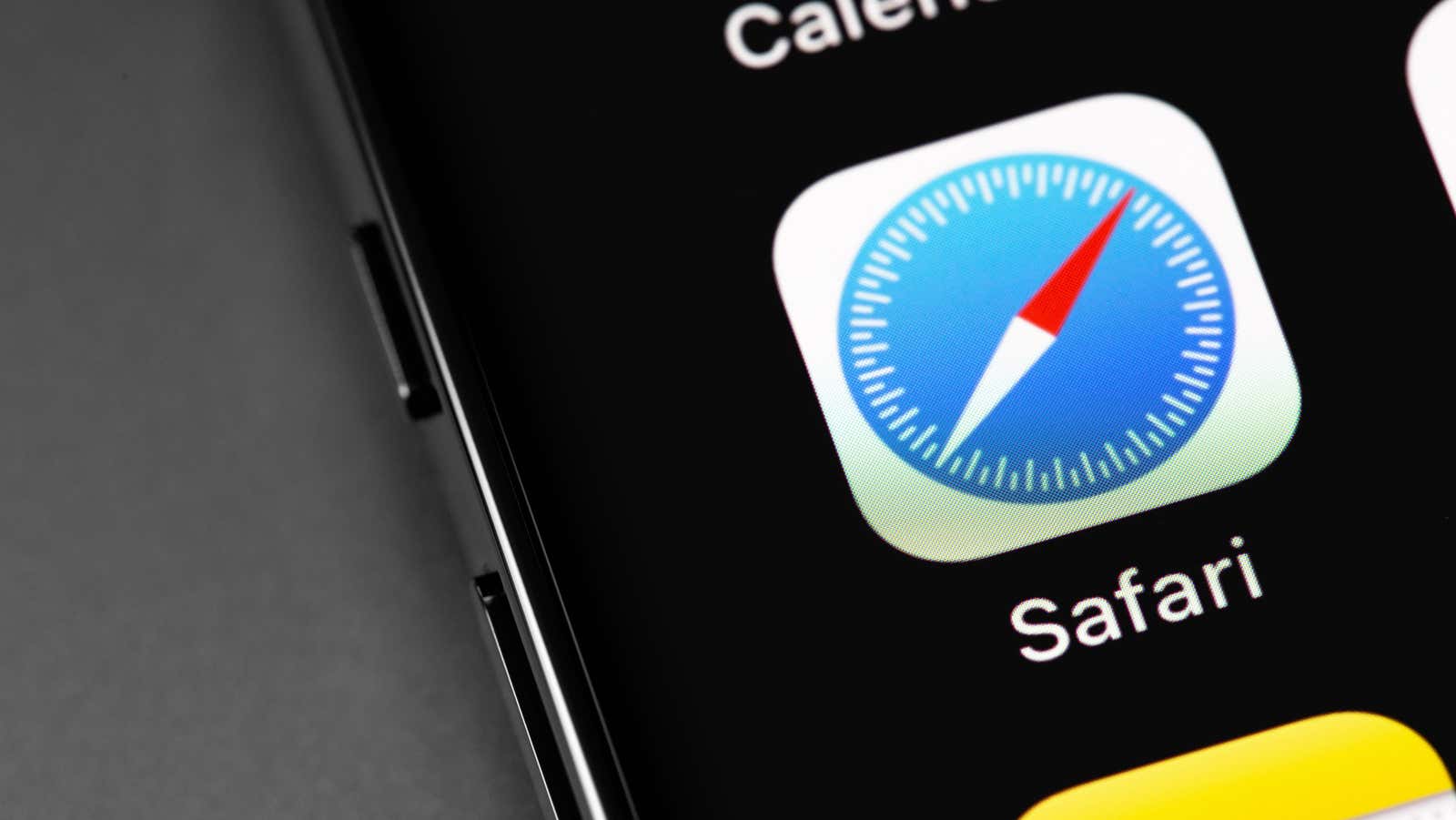You Already Need to Update Safari Again

Last month, we warned you about a serious security vulnerability in Apple’s Safari browser . This vulnerability potentially allowed hackers on one website to steal your personal information from other public sites, which you know is bad. After months of delay, Apple has finally patched this gaping security hole, just in time for yet another hole to appear.
According to Apple’s latest security notes , the company has discovered a security hole in WebKit, the foundation for Safari on iPhone, iPad, and Mac, and all third-party browsers on iOS and iPadOS. This WebKit bug allows attackers to place malicious code in the path of unsuspecting Apple users. If you process this malicious code on your device, hackers can use an arbitrary code execution exploit that will allow them to run any code they want on your system.
Safari’s security flaws are a major concern, especially on mobile devices. Of course, on a Mac, you can temporarily switch to a different browser, such as Chrome or Firefox. However, on iOS or iPadOS , all browsers are actually Safari in disguise, running on the same WebKit framework. This means that when WebKit has a security vulnerability, all mobile browsers have it.
Apple says that this security vulnerability has been reported and may have already been actively exploited, which means that all affected systems should be updated as soon as possible. If you have an iPhone, iPad, or use Safari on your Mac, your devices count towards this list. Thankfully, this update is already available as iOS 15.3.1, iPadOS 15.3.1, and macOS 12.2.1.
How to Update and Fix This Safari Security Bug
All you have to do to fix this Safari security bug is to update your iPhone, iPad, or Mac as usual. To update on iOS or iPadOS, go to Settings > General > Software Update and follow the onscreen instructions to download and install 15.3.1. On a Mac, go to System Preferences > Software Update and follow the onscreen instructions to download and install the macOS 12.2.1 update.
There is one caveat here; if you’re using betas for iOS 15.4, iPadOS 15.4, or macOS 12.3, you’re done. These betas have apparently already fixed the security vulnerability, and subsequently beta testers have not received the new security update on their devices. If you’re interested in downloading and installing these betas on your devices, check out our guide here .
These latest updates not only make Safari safer; on iOS and iPadOS 15.3.1 fixes a bug affecting braille displays. macOS 12.2.1, on the other hand, fixes a Bluetooth issue that causes MacBook batteries to drain quickly and completely . For all these reasons, you should update your Apple devices as soon as possible.